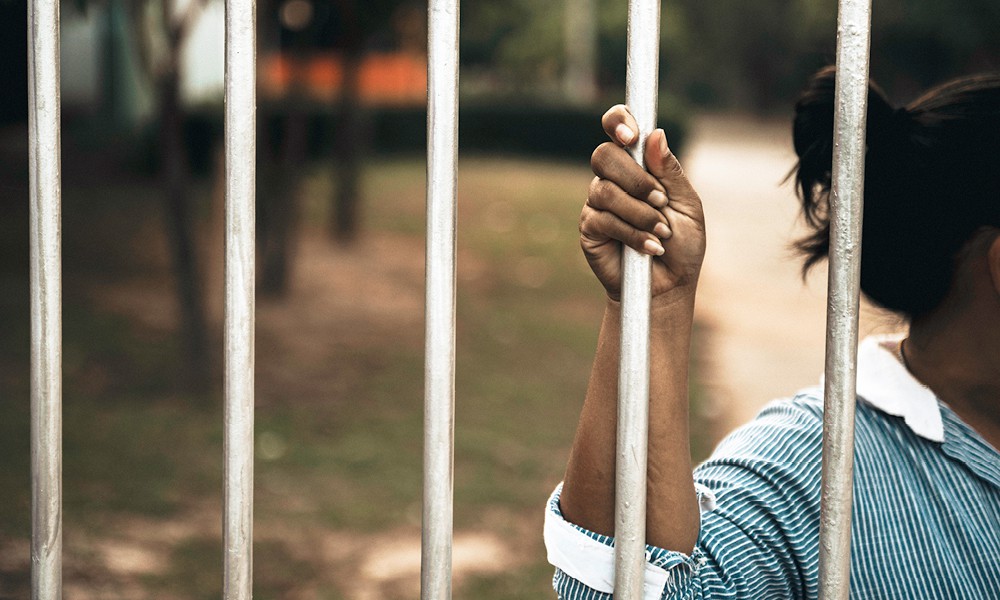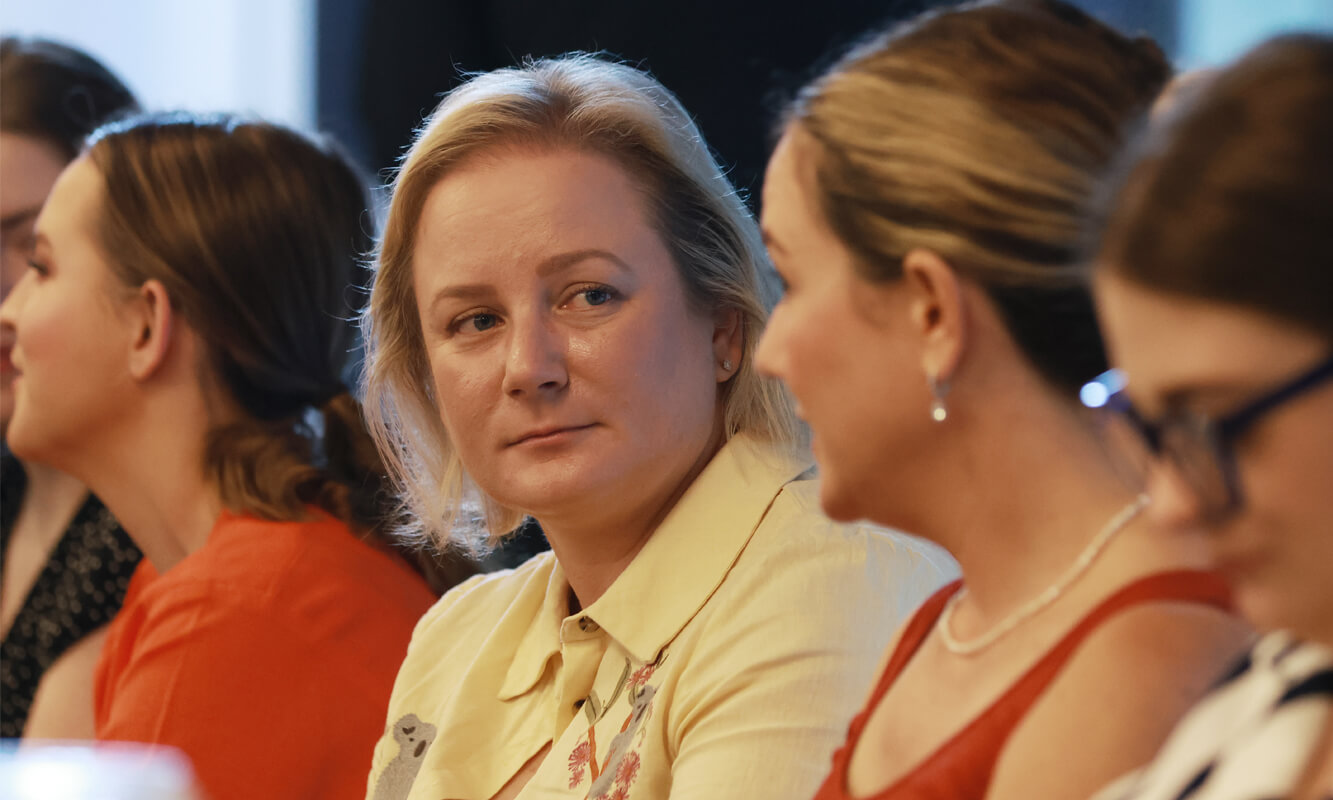Queensland Law Society has highlighted the need for reform of public intoxication laws.
Almost 31-years after the Royal Commission into Aboriginal Deaths in Custody’s (RCIADIC) final report, Queensland remains the only state or territory not to have adopted the report’s recommendation to abolish public intoxication as a criminal offence.
QLS 2021 President Elizabeth Shearer wrote to Queensland Attorney-General Shannon Fentiman on 22 December outlining the Society’s position on the need for reform of public intoxication laws.
The subject was also raised during a meeting with QLS 2022 President Kara Thomson and Ms Fentiman in January.
Ms Shearer, in her six-page letter, said the RCIADIC report more than three decades ago identified high rates of incarceration or detention in police custody of Aboriginal and Torres Strait Islander Peoples for public drunkenness.
“In 1991, RCIADIC concluded Indigenous people were no more likely to die in custody than non-
Indigenous people, however, they were significantly more likely to be arrested and imprisoned,” it said. “The same remains true today.
“As a consequence of their disproportionate incarceration, as a percentage of total population, Aboriginal and Torres Strait Islander Peoples are six times more likely to die in police custody than non-lndigenous people.”
According to Australian Institute, between 1979-80 and 2018-19, indigenous deaths comprised 18% of prison custody deaths and 22% of police custody deaths throughout Australia, despite making up just over 3% of the Australian population.
“Public intoxication laws in particular have long been criticised for being unevenly enforced, with
a disproportionate number of Aboriginal and Torres Strait Islander Peoples arrested for behaviour that is generally not seen as criminal when engaged in by non-lndigenous people,” Ms Shearer said.
“During 2019-20 in Queensland, 1009 per 100,000 Aboriginal and Torres Strait Islander People were proceeded against by Queensland police for public order offences, of which public intoxication is counted.
“This is compared to 87 per 100,000 non-lndigenous people who were proceeded against by the Queensland police for the same group of offences.
“As with the national statistics, this discrepancy is made worse by the fact that Aboriginal and Torres Strait Islander Peoples represent just 4% of Queensland’s population.”
Queensland remains the only state or territory were public intoxication is a criminal offence. It was decriminalised in Victoria in February 2021 in response to coronial death in custody of a Yorta Yorta woman in December 2017.
Ms Shearer said QLS acknowledged Queensland’s Police Powers and Responsibilities Act 2000 (Qld) permitted officers to discontinue an arrest for being intoxicated in a public place and deliver the person to their house, hospital or other place providing care for intoxicated people.
“Nevertheless, this falls short of fully implementing the recommendations of RCIADIC, and in many cases police cells are still used as a temporary solution to intoxication,” she said.
“Indeed, RCIADIC, the Victorian Law Reform Commission and the Western Australian Law Reform Commission have all acknowledged that public order offences (of which public intoxication is a part) give police wide discretionary powers in deciding who and when to prosecute, and that this has the capacity to result in the selective enforcement of these laws.
“In our view, there remains a need for reform in Queensland, including by abolishing the offence of public intoxication in section 10 of the Summary Offences Act 2005 (Qld).
She noted that repealing that section of the Act would not resolve the issue of First Nations deaths in custody and QLS did not support decriminalisation of public drunkenness if it were to lead to an increased use of public nuisance offences, which carry a higher maximum penalty and a higher fine.
“To address these risks, we suggest the Queensland Government investigate a genuine, health-centred approach towards the issue, recognising that people who present intoxicated in public may be experiencing complex health and welfare challenges that contribute to their drinking patterns.
“The Victorian report, ‘Seeing the Clear Light of Day’, emphasised that simply decriminalising public drunkenness is insufficient without also adopting an effective health-based service system response that makes places of safety available as an alternative to police cells and provides health and social care pathways.
“This is clear from the experience in other jurisdictions.
“Where decriminalisation has occurred, the introduction of ‘protective custody regimes’ in the offence’s place has meant that large numbers of vulnerable people are still being held in cells because they are drunk in public. Such practices do not prevent deaths in custody.
“We acknowledge that Queensland faces its own unique challenges, and the Victorian approach to decriminalisation of public intoxication is unlikely to be directly transferable to the Queensland context.”
QLS, Ms Shearer said, was in the process of facilitating discussions among members to find solutions to these challenges and would welcome the opportunity to work with the Queensland Government to develop a solution appropriately adapted to the needs of all people.













Share this article